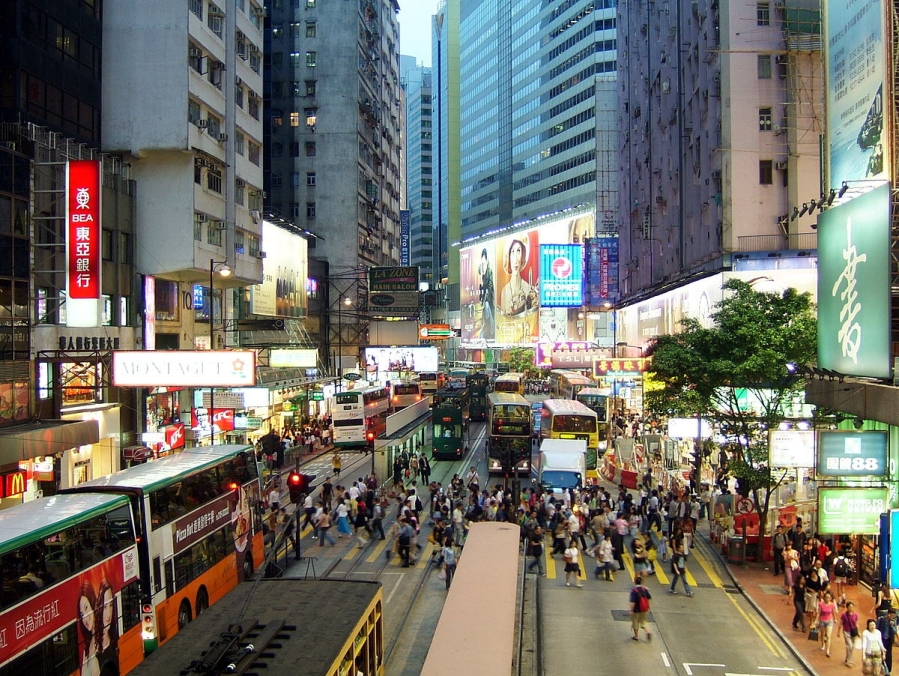
Hong Kong and Paris squeeze into Singapore's throne as costliest city globally
Hong Kong moved from the 4th place last year to the top in 2019.
For 2019, three cities share the title of the world’s most expensive city: Singapore, Hong Kong, and Paris, The Economist Intelligence Unit revealed in its annual Worldwide Cost of Living Survey. It compared the price of over 150 items in 133 cities globally and found a degree of convergence across regions amongst the most expensive locations.
Singapore, having spent five years at the top, is joined by its regional rival this year. The Lion City and Hong Kong are both 7% more expensive than New York in the US. Seoul is at par with New York in joint seventh place, whilst Japan's capital Tokyo (13th) is 4% cheaper.
EIU’s records of some Hong Kong average prices have moved down. A 1 kg loaf of bread is 6% cheaper at US$3.91 compared to last year, whilst a 330ml beer bottle is also cheaper by 8.29% at US$1.77.

"We note converging costs in traditionally more expensive cities like Singapore, Hong Kong, Seoul, Tokyo and Sydney. It is a testament to globalisation and the similarity of tastes and shopping patterns,” survey editor Roxana Slavcheva said.
In the rest of Asia, Nouméa (New Caledonia) saw the fastest rise in the relative cost of living. The endemic high cost of living in the French territory of New Caledonia drove its capital 33 spots up the ranks to joint 20th place. Another big mover is Kuala Lumpur in Malaysia, rising ten spots in the ranking to 88th. Following suit are Bangkok (Thailand, joint 41st) and Manila (the Philippines, joint 92nd) both climbing up by nine places, whilst Hanoi in Vietnam and Phnom Penh in Cambodia each rose by six places.
With exchange-rate volatility pushing a number of notable Asian cities in costs of living terms, many other urban centres in China and Australia have seen contrasting movements. Weaker local currencies have pushed all five Australian and two New Zealand cities surveyed down in the ranking, EIU noted.
Sydney has fallen from the tenth spot last year to 16th, whilst Melbourne (22nd) is no longer in the top 20. Similarly, Auckland and Wellington in New Zealand tumbled down by 14 and 17 places respectively.
Like their Australian counterparts, Chinese cities have mostly seen a decline in rankings, indicating that they have become relatively less expensive, EIU said. “The primary driver here has been the economic slowdown led by domestic factors, with the tighter financial conditions and ongoing trade war with the US continuing to erode consumer and business confidence.”
India and Pakistan account for four of the ten cheapest cities, with Bangalore, the cheapest city in Asia, being more than twice cheaper than the three most expensive cities.






















 Advertise
Advertise







